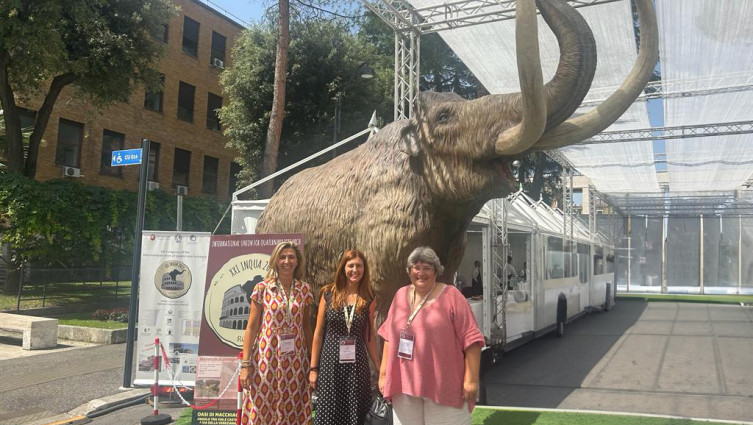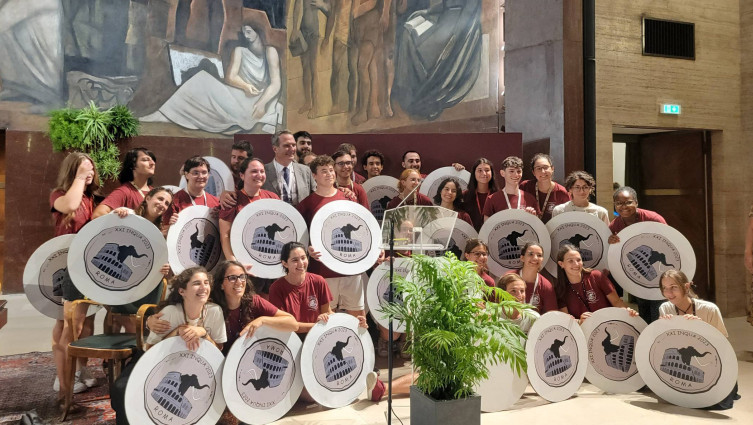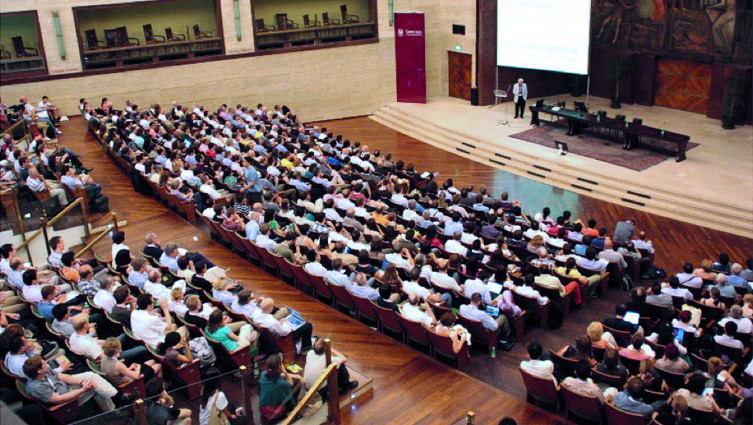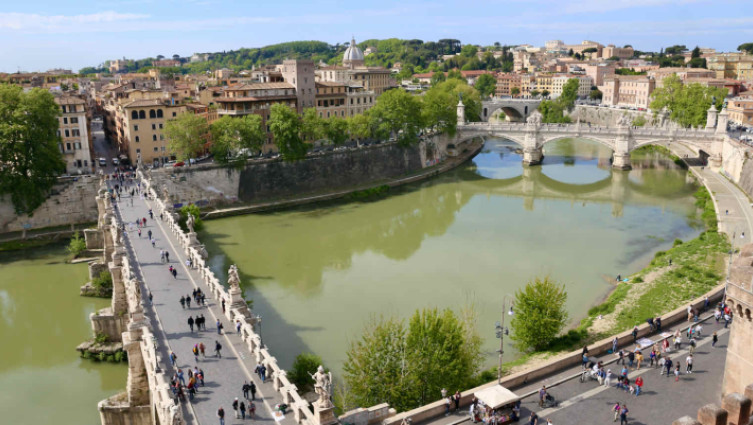Postcard from Rome
Our specialists in paleoclimatology Dulce Oliveira, Teresa Rodrigues and Antje Voelker, travelled to Rome, Italy, to participate in the XXI International Union for Quaternary Research (INQUA) Congress, a distinguished event in the field of Quaternary research.
1. Why did we choose to attend INQUA 2023?
INQUA, the International Union for Quaternary Research, founded in 1928, is dedicated to fostering worldwide communication and collaboration in both fundamental and applied aspects of Quaternary research (www.inqua.org). Every four years, the INQUA congress gathers scientists from diverse corners of the globe to exchange novel findings and propel the advancement of Quaternary research, solidifying its position as one of the important congresses in the field.
Note: The theme of the 2023 congress “Time for Change” underscored the pivotal role of Quaternary sciences in providing essential knowledge to address contemporary societal and climate challenges. The number of participants was one of the largest in the history of INQUA, with approximately 3,000 participants from 103 countries engaging in 14 parallel sessions, 6 plenary talks, 10 workshops/short-courses, 34 attractive field trips and several engaging social events.
2. What was the highlight of your visit?
The CCMAR team discussed their most recent findings from various projects, including INDRA, Warm Worlds, and HydroShifts, enabling them to delve into ongoing research in diverse Quaternary fields and fostering interdisciplinary future collaborations. Apart from the important discussions and networking, they had the chance to explore Rome, including its famous UNESCO World Heritage sites such as the Colosseum and the Roman Forum, which added to their experience in the renowned city known for its rich history and cultural heritage.
3. Does this visit open new opportunities for you and other CCMAR researchers?
The conference provided an occasion to present and debate ground-breaking new observations while creating the ideal environment for fostering discussions of pressing challenges and new scientific initiatives. Thus, our participation was a unique opportunity to understand the ongoing Quaternary investigation that allow us to enlarge our networks and discuss with potential collaborators.





